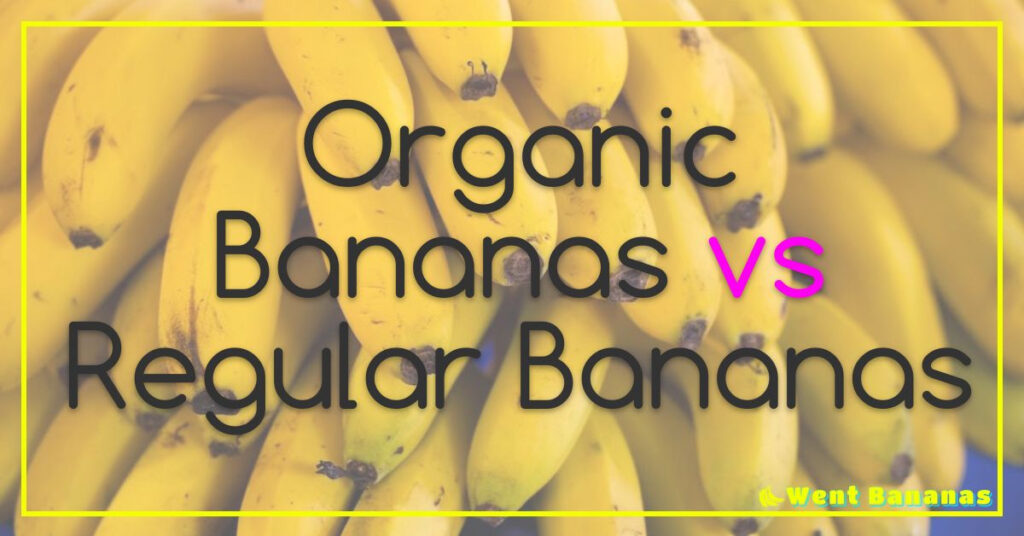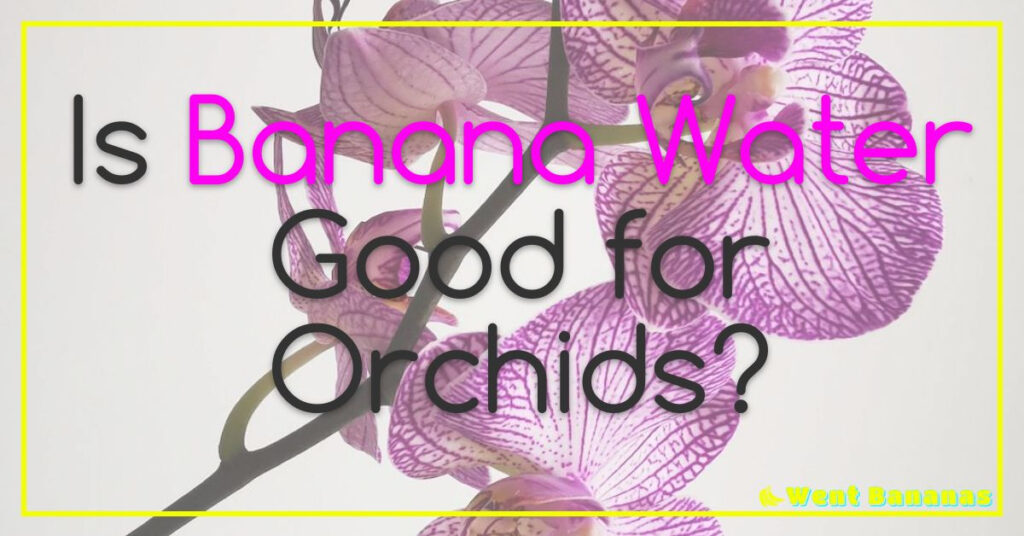Unpacking the Mystery: Why Bananas are Classified as a Herb
Have you ever stopped to consider why bananas are classified as a herb? It may seem odd, given that bananas are typically thought of as a fruit, but the truth is that bananas fit the criteria for being a herb more closely than they do for being a fruit. In this article, we’ll delve into the fascinating world of bananas and explore why they are classified as an herb.

In order to understand why bananas are a herb, it’s important to first understand what a herb is, and what separates it from a fruit. We’ll also take a look at the unique features that make bananas a herb, as well as the cultural and historical significance of bananas. Finally, we’ll explore the many benefits and uses of bananas as a herb, which may surprise you.
Whether you’re a banana enthusiast, or simply curious about the world around you, this article is sure to provide you with a wealth of new knowledge. So keep reading to learn more about why bananas are truly a one-of-a-kind herb.
What is a herb, and what is a fruit?

Many people are often confused about what exactly constitutes a herb and what constitutes a fruit. While both terms refer to types of plants, they have distinct differences that set them apart from each other.
Herbs are typically defined as any plant used for culinary or medicinal purposes. They can be grown in gardens or found in the wild, and are often characterized by their aromatic qualities and small, delicate leaves. Common examples of herbs include basil, mint, and rosemary.
On the other hand, fruits are the edible parts of flowering plants that contain seeds within them. They come in a variety of shapes and sizes, ranging from small berries to large melons. Some common examples of fruits include apples, oranges, and grapes.
So where do bananas fall on this spectrum? Despite their sweet taste and appearance similar to many fruits, bananas are actually considered herbs botanically speaking. This is because they grow on large plants with no woody stems or branches – features typically associated with fruit-bearing trees.
Regardless of whether they’re classified as herbs or fruits though, there’s no denying that bananas make for a delicious snack packed with essential nutrients like potassium and vitamin C!
What makes bananas a herbaceous plant?
Did you know that bananas are not actually fruits but herbs? It may sound surprising, but this is a scientific fact! Bananas are classified as herbs because they do not have a woody stem or trunk, which is a characteristic of most fruit-bearing plants.
The banana plant belongs to the Musaceae family and is native to tropical regions. It grows from an underground rhizome and produces large leaves that wrap around each other, forming what we commonly refer to as the banana tree.
Another reason bananas are classified as herbs is their unique reproductive process. Unlike most fruits, which grow from flowers on trees, bananas develop from a single flower with multiple ovaries. The fruit we eat is actually the result of all these ovaries fusing together.
In addition to their classification as an herb, bananas also have many health benefits. They are rich in potassium, fiber, vitamins B6 and C, and other essential nutrients. Bananas can help regulate blood sugar levels and improve digestion while also being low in calories.
Next time you enjoy a delicious banana snack or add it to your smoothie bowl in the morning remember that you’re consuming an herb!
The history and cultural significance of bananas is immense.

Bananas have a rich history and cultural significance that spans centuries. Originally from Southeast Asia, bananas were brought to other parts of the world by traders and explorers. Today, they are one of the most widely consumed fruits in the world.
In many cultures, bananas hold symbolic meaning. In Hinduism, for example, bananas are associated with Lord Vishnu and are often offered as a form of worship. In many African countries, bananas are seen as a symbol of fertility and prosperity.
The popularity of bananas can also be traced back to their nutritional value. Rich in potassium and other essential vitamins and minerals, they have been shown to help lower blood pressure and reduce the risk of cardiovascular disease.
Despite their widespread popularity today, there have been challenges throughout history that threatened banana production on a global scale. One such challenge was the Panama Disease outbreak in the early 20th century that devastated banana plantations across Latin America.
But despite these obstacles, bananas remain an important fruit with cultural significance around the globe. From religious ceremonies to everyday snack choices, they continue to be enjoyed by millions each day.
The benefits and uses of bananas as a herb are numerous.
Did you know that bananas are not only a delicious fruit, but also hold medicinal properties as an herb? Bananas have been used for centuries in traditional medicine for their numerous health benefits.

One of the most well-known uses of bananas as an herb is in the treatment of digestive issues. The high fiber content in bananas helps regulate bowel movements and alleviate constipation. Additionally, the potassium found in bananas can reduce bloating and aid in digestion.
Bananas also contain tryptophan, which is converted into serotonin by our bodies. Serotonin is a neurotransmitter that regulates mood and can help alleviate symptoms of depression or anxiety.
In addition to its medicinal properties, banana leaves have been used for centuries as a natural bandage for burns or wounds due to their antibacterial properties.
But how can one incorporate bananas into their daily routine as an herb? One way is by consuming dried banana powder, which can be added to smoothies or other beverages for its nutritional benefits. Banana tea made from boiling dried banana peels has also become popular as a natural sleep aid due to its magnesium content.
Overall, the benefits and uses of bananas as an herb are vast and worth exploring for those looking to incorporate natural remedies into their lifestyle.
Check out our other articles to find out even more about banana.
Bananas have been a beloved fruit and herb to cultures all around the world for hundreds of years. They are incredibly versatile with many uses, from being eaten as a snack to used in traditional herbal medicines and home remedies. Bananas offer numerous health benefits beyond simply providing energy-dense nutrition; they are packed with nutrients such as potassium, vitamin C, dietary fiber, manganese and more! If you’re interested in learning even more about this unique fruit/herb hybrid—including its history, cultural importance and practical applications—check out our other articles to find out even more about banana!










